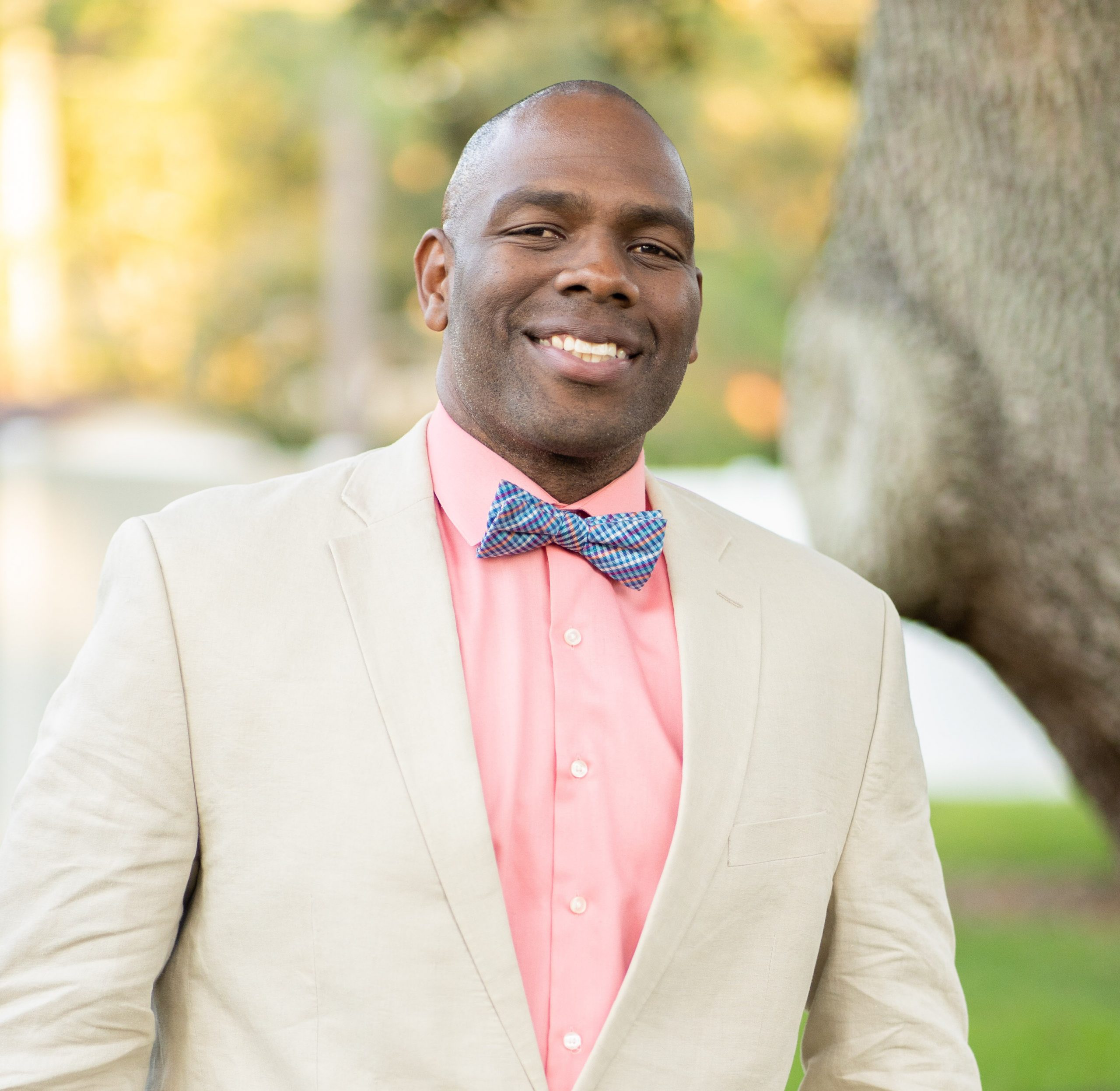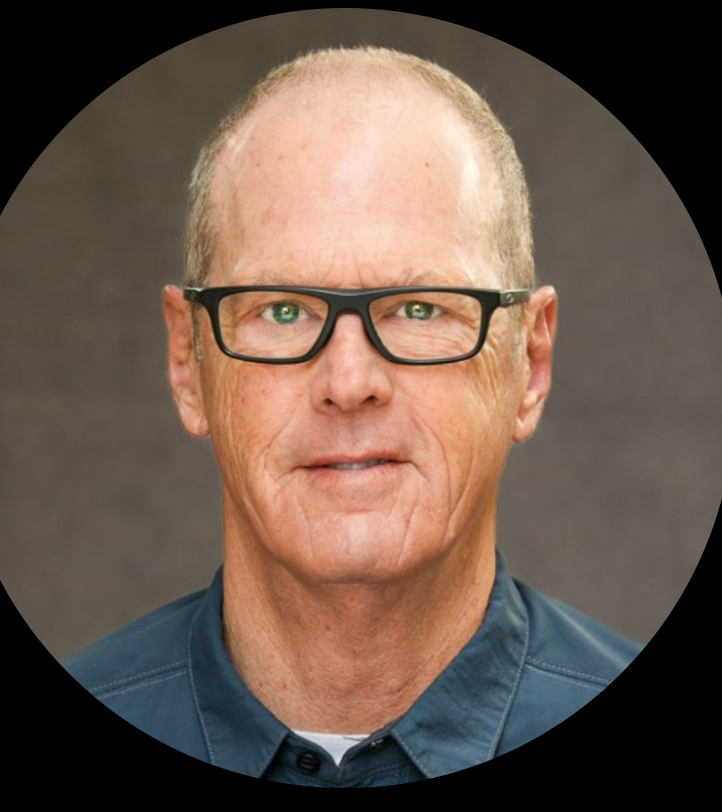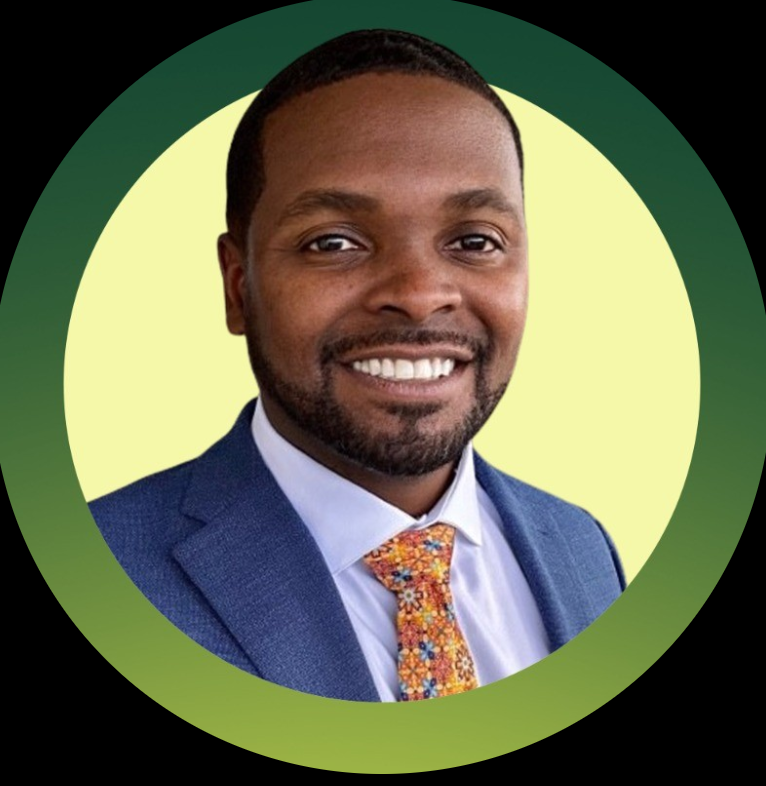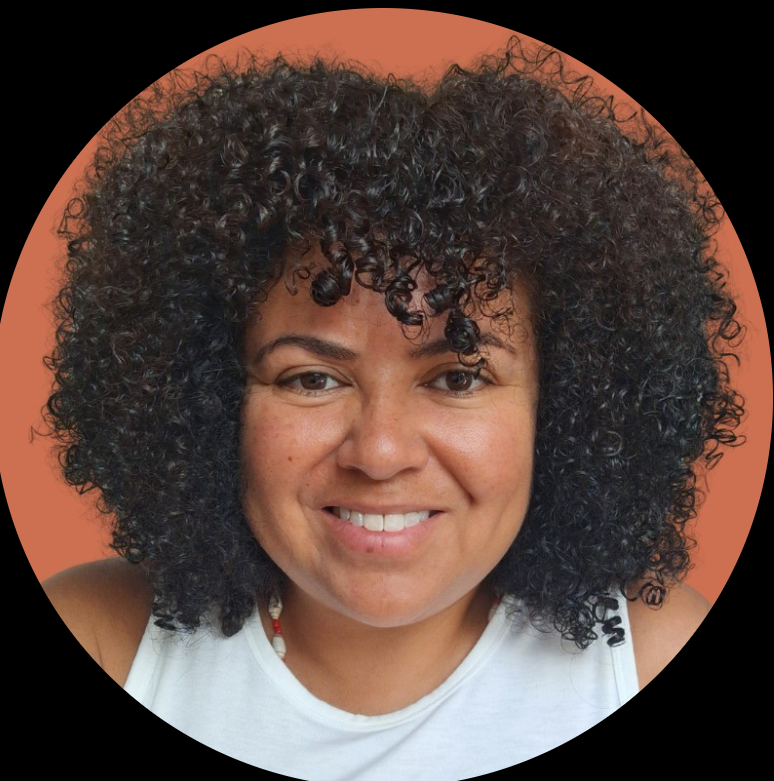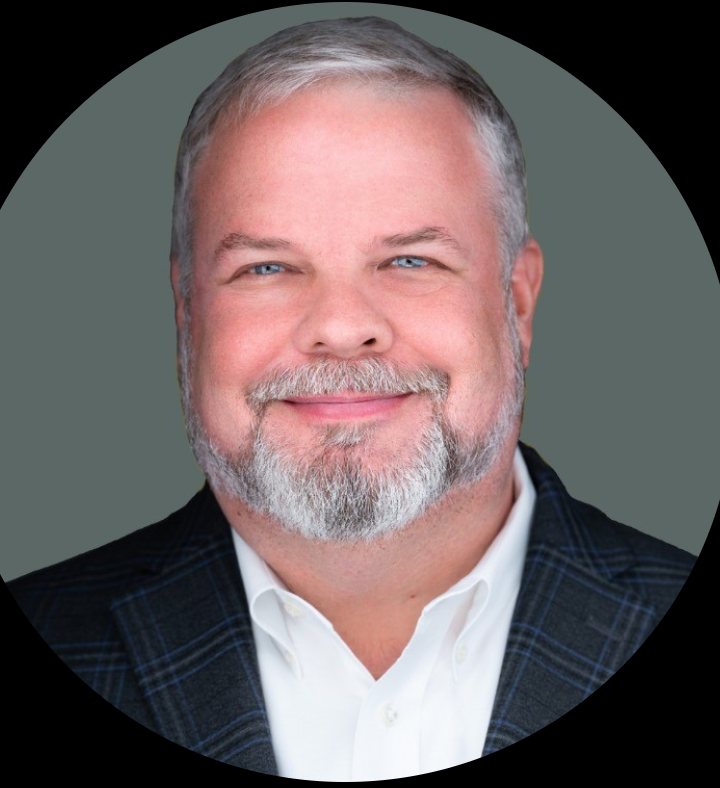Roberto Germán is an inspiring educator, speaker, and co-founder of Multicultural Classroom, a platform that empowers educators and organizations to create equitable, culturally responsive spaces. With years of experience as a teacher, basketball coach, and school leader, Roberto has seen firsthand the gaps in professional development and the need for transformational, identity-affirming learning. Through his work, he is committed to being the change he wants to see, fostering unity and belonging in classrooms and communities. Humans of Fuzia is proud to feature Roberto’s journey, which resonates with our global mission of supporting women and allies in creating an inclusive, empowered world. At Fuzia, we believe in He-for-She and She-for-She, and leaders like Roberto play a crucial role in building that future.
Could you tell us what inspired you to start Multicultural Classroom?
After years of serving as a teacher, coach, and school leader, and with my wife being a classroom teacher as well, we both realized how often professional development felt meaningless, uninspiring, and disconnected from real change. Instead of just voicing our frustrations, we decided to be part of the solution. We combined our frontline classroom experience and leadership background to design professional development that feels relevant, impactful, and culturally sustaining—especially for K-12 schools.
Who exactly does Multicultural Classroom serve?
Our primary audience is educators working in K-12 schools, but we also collaborate with nonprofits. We work closely with school administrators, district leaders, and educators in all capacities, helping them build stronger, more unified, equity-centered communities.
What impact have you seen from your work so far?
We’ve seen real transformation through our professional development programs. We use the Texture Teaching Framework, which is hands-on, identity-affirming, and rooted in culturally sustaining pedagogy. With our RISE framework, we help schools move from disconnection to unity, reducing staff overwhelm, building shared language around identity, belonging, and behavior. Our clients report higher teacher confidence, stronger student engagement, and an overall renewed sense of purpose within their teams.
Many entrepreneurs experience self-doubt or imposter syndrome. Have you faced that on your journey?
Absolutely. I still experience it from time to time. Life is always evolving, and sometimes ideas don’t land the way we hope—they may not have the impact or generate the revenue we expect. Especially doing equity-centered work, we face criticism and negativity from groups who oppose these conversations. But we’re grounded in our purpose and intentions. We believe we’re doing God’s work, called to create spaces for truth, justice, and love. That keeps us moving forward despite doubts.
If you could go back to the beginning of your entrepreneurial journey, is there anything you’d do differently?
I would have spent more time building our internal systems right from the start. It’s tempting to just dive in and figure things out along the way, but having sustainable systems in place early makes scaling much smoother. Even if you’re a small company, thinking ahead about the infrastructure you’ll need down the line is critical.
How do you personally and professionally define success?
Personally, success is maximizing the potential of the gifts God has given me. For me, that means connecting with people, building bridges across communities, and living with intentionality. Professionally, success means inspiring and challenging others to be better—to advocate for justice, to speak the truth, and to uplift the marginalized. When my work helps people grow in these ways, that’s success to me.
Is there anything exciting you’re working on that you’d like to share?
Yes, always! We’re launching our Texture Teaching course soon, expanding on my wife Lorena’s book. I’m also working on several writing projects—a children’s book inspired by my relationship with my son, a book on fatherhood, and my second poetry collection. I want to share stories that uplift, challenge narratives, and empower people—especially around topics like fatherhood, identity, and vulnerability.
What challenges have you faced in this work, especially in today’s climate?
Our work focuses on multiculturalism, equity, and empowerment, which unfortunately clashes with certain political narratives and policies in the U.S. We’ve seen funding cut for partners, misinformation spread, and attempts to discredit those of us working towards justice and inclusion. But where there are challenges, there are also opportunities to push for truth, fairness, and dignity for all.
“For me, it’s about walking in purpose and reminding myself every day that I’ve been given gifts to serve others, to build bridges, and to speak the truth—even when it’s hard.”
Connect with Roberto Germán:
You can connect with Roberto on LinkedIn or visit multiculturalclassroom.com to learn more about his work.
Want to be featured?
If you’d like to be featured in the Humans of Fuzia series, email us at fuziatalent@fuzia.com.



